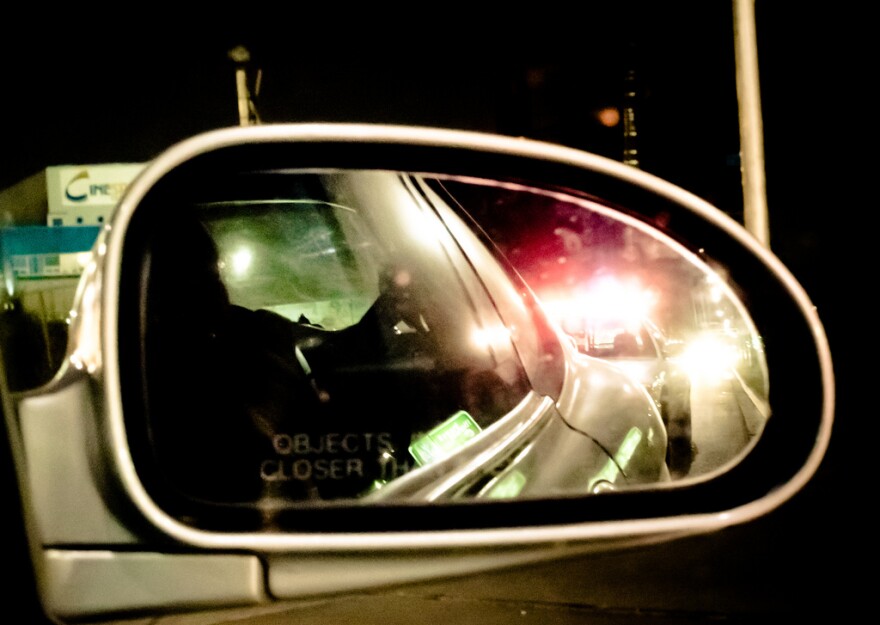More than a billion dollars was collected by the Driver Responsibility Surcharge Program in its 11 years of existence. The program, administered by the Texas Department of Public Safety, levies additional -- some argue exceedingly high -- costs on serial driving offenders, the uninsured, and those caught drinking and driving.
Critics are arguing the program has failed to address what it was intended to, citing increases in drunk driver fatalities and unlicensed and uninsured motorists on Texas roads. Instead, organizations like the Texas Criminal Justice Coalition argued in a report it has a adverse effect on Texas drivers.
When people don't pay the surcharge they lose their license and it is argued the high costs of additional fees has resulted in more people losing their licenses and less likely to have insurance. The program affects the indigent most of all, which was why in 2009 the state passed some reforms allowing fees to be reduced for the qualifying poor.
The program's opposition includes several local government officials and state elected officials. Even former supporters like the nonprofit advocacy group Mothers Against Drunk Driving have come out against it.
The second purpose of the program was to fund trauma centers across the state. The Texas Hospital Association continues to support the program.
Guests:
- Ana Yáñez-Correa, executive director of the Texas Criminal Justice Coalition
- Scott Henson, writer of the influential policy blog "Grits For Breakfast"
- John Hawkins, Sr. VP for public policy and government relations for the Texas Hospital Association
*This is the second segment in the April 16 edition of The Source, which airs at 3 p.m. on KSTX 89.1 FM -- audio from this show will be posted by 5:30 p.m.


